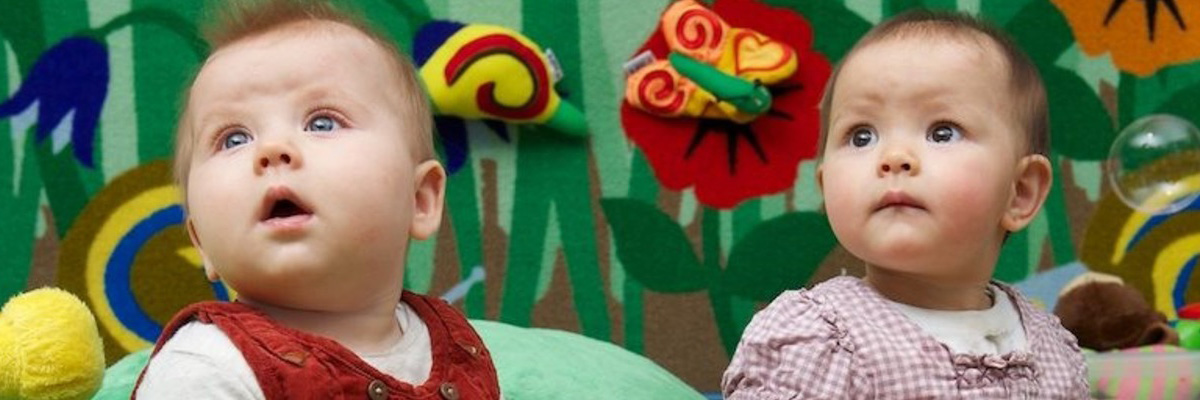Information for parents
What to expect with a typical visit to the Infant and Child Development Lab
- If you have registered with us and your baby is the right age for one of our studies, we will give you a call or email you.
- We will describe our study, and if you are happy to take part in it, we will arrange a convenient time for your visit and will sent you directions and more information via email.
- Typically we’ll contact you the day before your scheduled appointment to confirm the visit, answer any questions that you may have and to make sure that you have received the directions.
- When you and your baby arrive at the Infant and Child Development Lab, a friendly researcher will welcome you to our playroom. You can take a moment to orient yourself and get comfortable with coffee or tea, and toys for your child.
- We will explain the study to you again and will answer any questions you might have.
- We will also give you a consent form to sign, saying that you are happy for your baby to participate.
- Once everyone is comfortable we will move to a nearby room to start the study. Normally, your baby will sit on a baby chair or on your lap. You will be with your baby at all times. Most of our studies take about 30 minutes to 1 hour to complete.
- After the study we will answer any questions you might have. As a token of our appreciation, your child will receive a small gift (book or t-shirt) and a gift voucher of your choice in the amount of £5 (Please note some studies may offer additional reimbursement based on study-specific funding).
Research Ethics
All of our studies are approved by the ethics committees at Lancaster University. Information about your baby is confidential and all data is kept anonymous. Personal details will be kept securely and only for the purpose stated. You can ask for your details to be removed from our database at any time.
Adults and children may be tested in the same area.
- We hope you will enjoy your visit in our Infant and Child Development Lab! It’s certainly an informative day out with your baby!
- You can also bring along siblings. We take great care to ensure all Safeguarding guidelines are met. As a consequence we will always ensure that two researchers will be present with your child while your baby is doing the study.
What will happen to my information once I register?
We at the Lancaster Psychology Department collect and store your information so we can contact you to ask if you and your child want to be part of research projects. We will secure your information in line with Lancaster University’s information security policies and procedures. Your data will be retained for 10 years unless you wish to be removed from the database. Your details will only be available to appropriate members of staff at Lancaster University and affiliates (e.g. visiting researchers) all of whom have undergone appropriate information security training and have completed a DBS check at Lancaster. For further information, you can contact the University data protection officer at information-governance@lancaster.ac.uk


